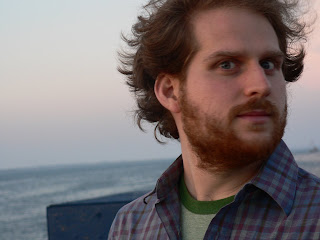My own impulse in terms of inventing a blog writing style has been to think fast and try to make connections, paragraph to paragraph of the seemingly disconnected. Paul Rosenberg, a very smart blogger at Openleft.com, engaged in an interesting discussion of conspiracy theories, vis a vis Naomi Klein's new book, The Shock Doctrine, which Farrah has been talking about a lot this week. He debated whether it is conspiracy thinking to point out dormant structural connections or whether it requires a special cabal, public masks, cigars in a room where a lot of inexplicable down town occurs. Today I read Klein's related article in Harper's, which predictably raised my blood pressure but is basically a simple observation: the government has funded a disaster relief industry that now lobbies to maintain market dominance. No conspiracy, just politics.

I thought again about the fantastic Don Siegel movie I watched the other night, The Big Steal, in which one bad guy chases Robert Mitchum who chases Jane Greer who's chasing another bad guy. The movie starts out with lots of normal tough guy wit but halfway through suddenly goes wordless as Mitchum and Greer flirt by driving crazily over a series of switchbacks in the mountains of Oaxaca. Suddenly it's like a dream I keep having, taking these hairpin turns in a car that drifts through the curves as if its plummet over the precipice would be deliberate and gentle. It's not the speed that makes the characters fall in love, it's the skill with which they don't quite lose everything. Two details seem especially dreamlike: the pavement, which because of the minimal Mexican infrastructure (cf Klein) peters out almost indecisively at the edge of the road, like a passing fancy; and the background, which lurches from soundstage backdrop to reality with an antic abandon. While the projected backdrop skitters up and down, Mitchum and Greer barely jostle. They're just that good, or it doesn't matter one way or the other as long as they show up at all.

No comments:
Post a Comment